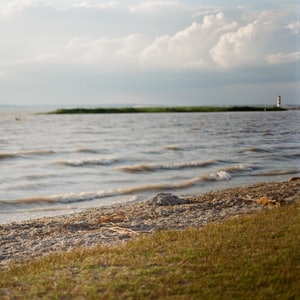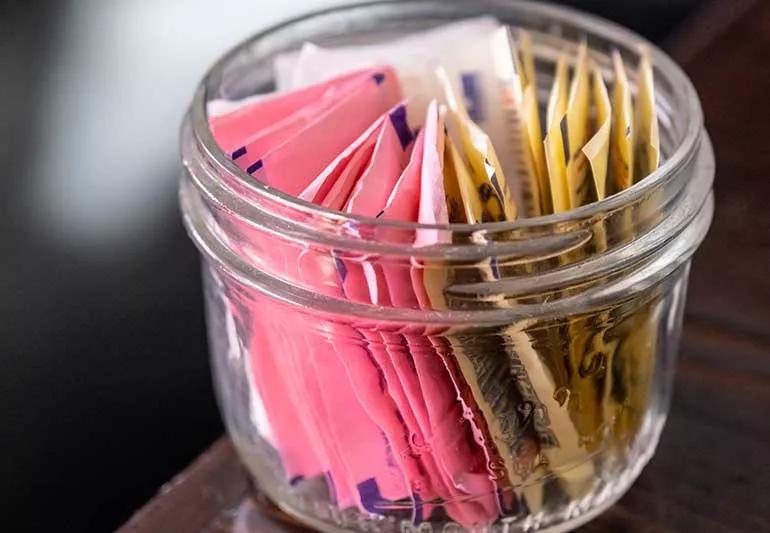Expect More Climate Trauma in Era of Extreme Wildfires
Nobody who lived as a result of the 2018 California wildfire identified as the Camp Hearth is ever probable to overlook it. The blaze, established off by a faulty electrical power line in Butte County, in the northern aspect of the point out, raged for 17 days, from Nov. 8 to Nov. 25, incinerating 240 sq. mi. of land, destroying far more than 18,000 houses, and professing 85 life. By any evaluate, the Camp Fire was a traumatic occasion for those people who professional it. Now, a new paper published in PLOS Local climate, has identified particularly how traumatic it was for the survivors, presenting fresh new perception into the lengthy-expression psychological charge of intense local weather activities.
The research, led by a team of scientists at the College of California, San Diego (UCSD), is dependent on surveys of 75 grownups conducted in 2019 and 2020—six to 12 months soon after the Camp Fire transpired. Forty-8 of the subjects lived in the northern California location in or all around Butte a further 27, chosen as a control group, are living in the San Diego location. Of the 48 from Butte County, 27 had been specifically uncovered to the fire—with their land or home destroyed or ruined by the flames the other 21 were indirectly exposed—reporting that they understood of a buddy or family members member who endured house or house reduction. The 27 customers of the regulate group had been solely unexposed.
The researchers located that exposure—even oblique exposure—to a local climate trauma had a extensive term impact on psychological wellbeing, in the form of each melancholy and anxiousness. What’s extra, the capacity to focus on and execute cognitive jobs was adversely afflicted both equally sets of benefits incorporate one more item to the growing cost of climate change on the wellness and well-getting of the populace of the world.
The scientists started their get the job done by acquiring all 75 subjects respond to a common screening query for post-traumatic anxiety disorder (PTSD): “Were you not too long ago bothered by a earlier experience that induced you to believe that you would be hurt or killed.” The solutions for solutions had been “not bothered at all,” “bothered a minor,” and “bothered a large amount.” Of individuals straight exposed to the hearth, 67% responded that they ended up possibly bothered a very little or bothered a lot, in contrast to 14% of the indirectly uncovered team and % of individuals unexposed.
Far more from TIME
The exact topics then loaded in two extra-extensive questionnaires measuring melancholy and nervousness. The despair study requested them 10 concerns which include if, above the past two months, they had little desire or pleasure in carrying out factors were being experience down or hopeless experienced difficulty concentrating and ended up chronically fatigued or had minimal electrical power. The stress and anxiety study asked these types of inquiries as whether the subjects have been feeling nervous, nervous, or on edge unable to halt or manage worrying and were being so restless it was challenging to sit nonetheless. On each surveys, the four possible responses ended up “not at all,” “several days,” “more than 50 percent the days,” and “nearly each and every day.” The assessments ended up then scored on a a single to 27 basis, with a score of 1 to four indicating nominal melancholy or panic five to 9 signifying mild cases of the problems 10 to 15 indicating average scenarios and 15 or much more qualifying as significant.
The outcomes had been placing. People instantly uncovered to the fireplace scored an regular of 10.1 on stress and 8.9 on depression, in comparison to 9.7 and 11.8 for those indirectly exposed, and just 3.2 and 2.6 for those not at all uncovered. The effects have been especially noteworthy because the two the instantly and indirectly uncovered people today scored a lot more or a lot less similarly on the two the melancholy and anxiety scales—with the indirectly uncovered people today in fact rating increased on despair, suggesting that next-hand publicity to climate catastrophes can be as lousy as or even worse than 1st-hand.
“On the whole,” suggests Jyoti Mishra, a UCSD neuroscientist and a co-writer of the paper, “depression and stress were being one and a 50 % to a few situations far more prevalent in the straight and indirectly exposed team as opposed to the unexposed.”
The results of the new examine incorporate to a escalating physique of operate exhibiting the psychic effect of extreme climate functions. Previous studies in the journals Lancet Psychiatry and Psychiatry Solutions confirmed adverse mental overall health consequences on hurricane survivors. A 2021 study by Mishra and some others also confirmed higher costs of PTSD amongst 725 survivors of the Camp Fireplace.
By themselves, the melancholy and panic results in the new examine have been troubling. But the researchers then went even more, studying the brain functionality of the three groups. The subjects were equipped with electroencephalogram (EEG) arrays, although they played a sequence of 4 on-monitor video games designed to measure their memory as well as their means to fork out selective interest, filter out interruptions, procedure feelings, and extra. The topics done properly on all of the checks other than one—the a person intended to measure the potential to filter out interruptions.
That game, named Center Fish, associated flashing the subjects a photograph of a school of fish with just one evidently in the center. The central fish was experiencing possibly left or ideal though the flanking fish were being arrayed with some experiencing one particular way and some struggling with the other. The topics experienced a person next to click on on the way the center fish was facing although ignoring the flanking fish—a more challenging endeavor than it seems supplied the deliberate distractors and the temporary time frame. Listed here there was a marked big difference among the teams. For needs of comparison, the rating of the unexposed handle group was recorded as 1. the indirectly uncovered team underperformed with a score of .8, though the specifically exposed group weighed in at just .6.
“The flanker fish interfere with your processing,” states Mishra. “The specifically and indirectly exposed teams have been extra sensitive to these interruptions.”
The EEG readings exposed yet another dimension of the examination effects. In typical, the reduce the directly exposed subjects scored, the better the activity was in the frontal and parietal locations of the brain, indicating that they had been building far more of an exertion to get the video game suitable, but ended up nevertheless performing worse on it than the unexposed team.
“The immediately exposed group primarily was putting in about 20% far more energy than the other two teams,” Mishra states.
As the authors of the paper included in a statement accompanying its release: “Our research displays that local weather trauma may well impact cognitive and brain functions particularly with regard to processing of interruptions.” While the researchers did not evaluate the knock-on consequences of that finding, a lowered ability to filter out interruptions could have a detrimental impact on get the job done general performance, youngster-rearing jobs, and other activities that have to have near concentration, which include driving or working machinery.
Efficiency on video clip online games barely matters by itself when it arrives to the struggling knowledgeable by people today in the route of wildfires and other intense functions like hurricanes and flooding. But the analyze does show that the submit-traumatic results of weather change are genuine, and need to turn out to be section of the pondering when it will come to regulating climate-altering actions and giving psychological health and fitness products and services to survivors of local weather-associated disasters.
“Our study is a first step toward quantifying these effects,” says Mishra. “We need to preserve this in thoughts when we’re imagining about the options we’re heading to build for our communities and the effects of these situations on the men and women dwelling in the areas influenced.”
Extra Should-Reads From TIME








